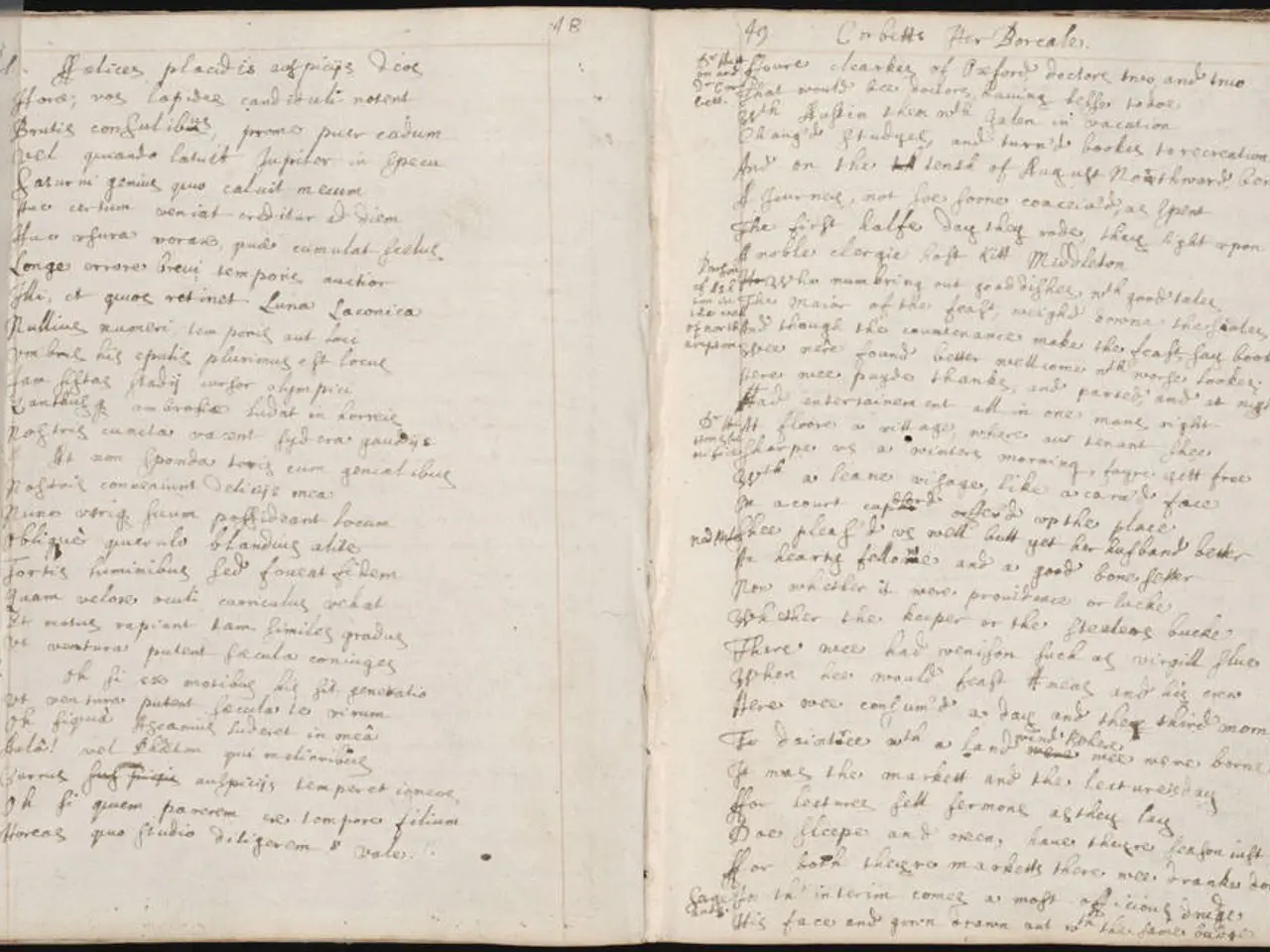Guidance for Excelling in Writing Workshops
Princeton University's Writing Seminar (often referred to as "WRI") is a crucial, first-year course designed to equip students with essential critical reading, analytical thinking, and academic writing skills. While specific details about WRI 113: Craft of Authenticity are not directly discussed, insights from academic literature and pedagogical best practices, along with the structure and philosophy of Princeton's writing program, provide a clear picture of its approach.
Key Teaching Strategies
Focus on Authenticity and Critical Engagement Courses like WRI 113 encourage students to explore their authentic voices while engaging deeply with academic discourse. This involves mastering the conventions of academic writing, such as thesis development, argumentation, evidence use, and citation, as well as promoting reflection on intellectual values and the stakes of arguments. Students are encouraged to connect abstract philosophical, literary, or scientific concepts to their lived experiences, fostering a sense of ownership and investment in their work.
Close Reading and Analytical Writing Integrating close reading with writing is a hallmark of Princeton's Writing Seminars. Students practice analyzing complex texts, identifying rhetorical strategies, and examining how arguments are constructed. This analytical rigor is then applied in their own writing, encouraging clarity and precision in expression.
Revision and Peer Feedback Workshopping drafts is a central component. Students are expected to revise their work multiple times based on feedback from instructors and peers. This iterative process cultivates adaptability and resilience, as writing is treated as a process rather than a one-time product.
Connection to Broader Intellectual Themes Courses may also encourage students to consider how paradox, contradiction, and the interplay of different perspectives shape academic thinking. This pedagogical tradition helps students appreciate nuance and complexity in academic arguments.
Student Success Strategies
Multiple Drafts and Revision Students who succeed typically invest time in revising their work, responding thoughtfully to feedback, and not settling for a first draft. The iterative process is key to developing strong academic prose.
Peer Collaboration Participating actively in peer review sessions allows students to see how others approach similar assignments, offering new strategies and exposing them to diverse writing styles.
Utilizing Office Hours and Instructor Feedback Seeking out one-on-one guidance from instructors helps clarify expectations, refine arguments, and address individual challenges.
Balancing Personal Voice and Academic Rigor Learning how to maintain authenticity—expressing one’s own perspective—while adhering to academic conventions is a core challenge and a central goal. Successful students reflect on their engagement with texts and ideas, making connections that are both intellectually rigorous and personally meaningful.
Critical Self-Reflection Encouragement to think about the role of writing in one’s intellectual life—considering questions like “Why write?” and “For whom?”—promotes deeper engagement with the material and the writing process.
Key Practices
- Each Writing Seminar has students develop their writing skills through a research focus, writing three research papers throughout the semester.
- The Writing Seminar aims to prepare students in writing strong academic papers for future classes, junior papers, or senior theses.
- The assignments in each Writing Seminar are structured in a total of 3 drafts and 3 corresponding revisions.
- The length of the research papers increases with each draft, from 3-5 pages for the R1 to 10-12 pages for the R3.
- The use of whiteboards can help in turning the essay into a visual chart for better presentation of reasoning, evidence, and analysis.
Additional Resources
- The "Gaipa Reading" helped students understand their position as a writer and how to approach writing in a way that presents the current scholarship and walks the reader through their argument.
- Learning to write arguments fully supported by more credible experts in a field is essential to learning "how to write".
- The Writing Center is a resource available to students for help in talking through ideas and ensuring strong writing.
In conclusion, while specific details about WRI 113: Craft of Authenticity may not be available, the broader ethos of Princeton’s Writing Seminar emphasizes authentic engagement, rigorous analysis, iterative revision, and critical self-reflection. Students find success by embracing revision, seeking feedback, and thoughtfully integrating their unique perspectives with the demands of academic discourse. These strategies not only produce strong academic papers but also lay the foundation for lifelong critical thinking and communication skills.
- The Junior paper's effectiveness is significantly enhanced when students, having completed Princeton University's Writing Seminar, apply the learnings in education-and-self-development, such as mastering academic writing conventions, developing authentic voices, and engaging with critical self-reflection.
- As students embark on their journey of education-and-self-development, they can harness the skills gained from Princeton's Writing Seminar courses, like WRI 113: Craft of Authenticity, for learning and crafting strong arguments within the academic realm, including the writing of junior papers or senior theses.




